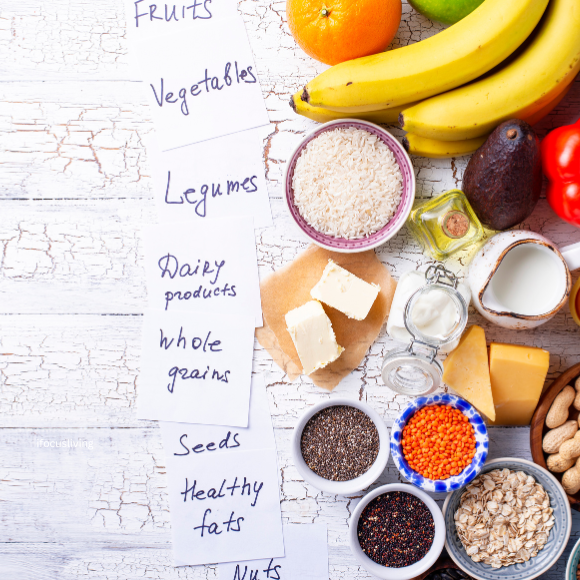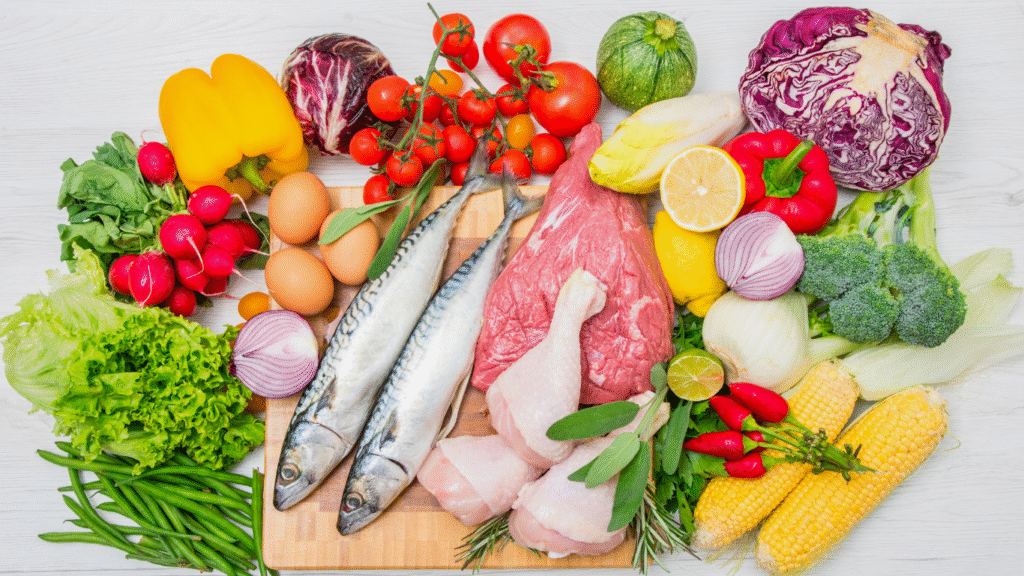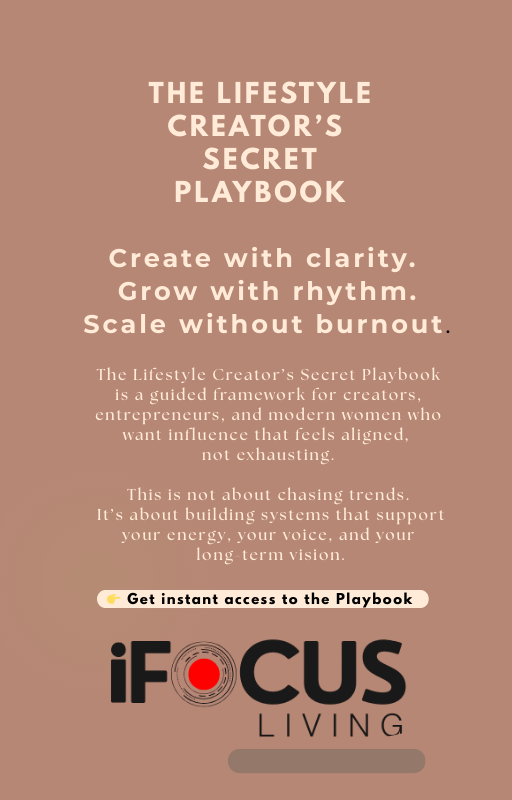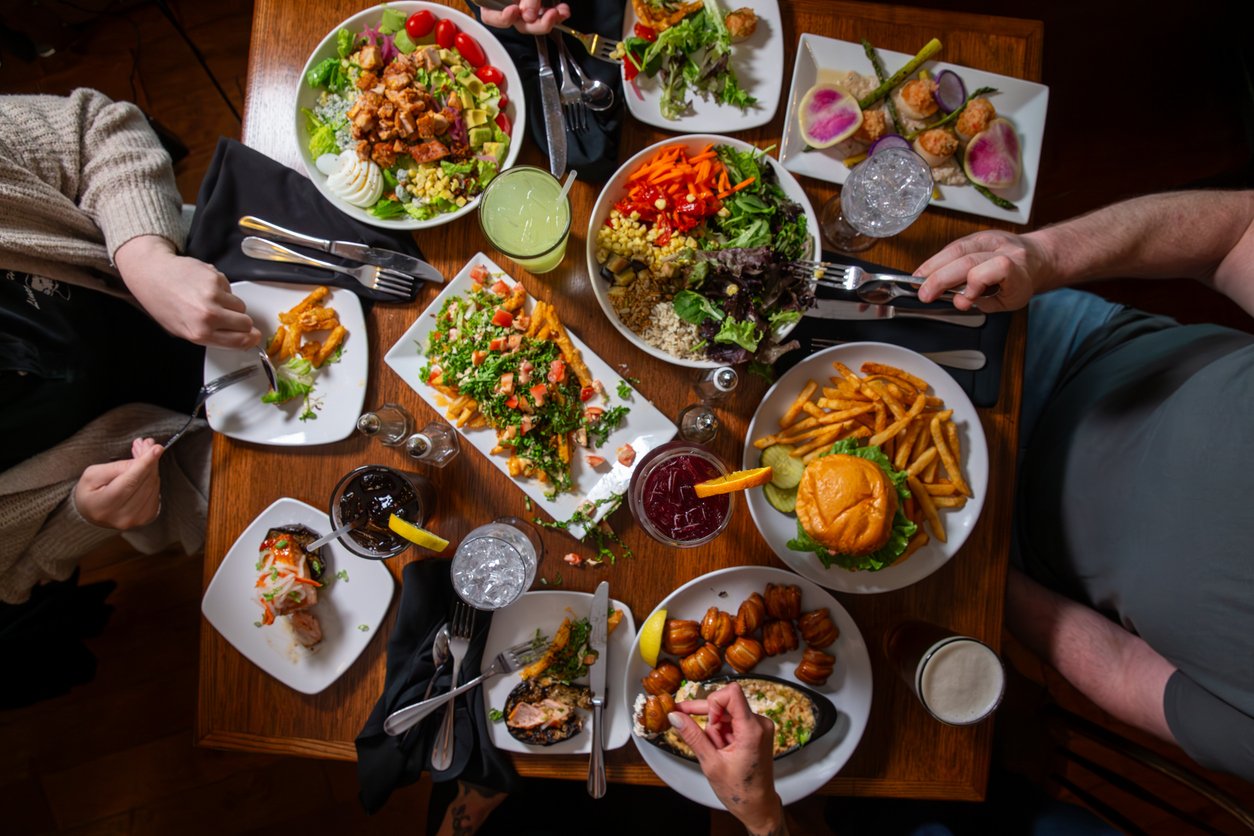In a world where food is no longer just about sustenance, it’s no surprise that what’s on your plate might reflect what’s in your heart—or so a new study claims. According to a recent meta-analysis, vegetarians may be more ambitious and power-driven than meat eaters. But before you trade in your steak for soy, or roll your eyes at “plant-based power,” let’s dig into the nuance, because this conversation is less about kale and carnivores, and more about what it means to stand out in a world that loves to label.
When Ambition Meets Arugula

The analysis, which gathered data from over 3,700 participants in the U.S. and Poland, found that vegetarians scored higher on values like achievement, stimulation, and power—traits often associated with drive, autonomy, and leadership. This goes against long-held stereotypes that paint vegetarians as docile, overly idealistic, or passive. As one behavioral sociologist noted in a 2024 article in The Journal of Human Food Culture, “Choosing a minority lifestyle in a majority world often necessitates a greater degree of internal resolve. It’s less about tofu, more about tenacity.”
The Portrait Values Questionnaire used in the study assessed core human values like benevolence, conformity, and self-direction—offering a psychological lens into how our diets may correlate with our internal motivations.
But this isn’t just about ambition. It’s also about identity, independence, and disruption.
The Quiet Rebellion of Eating Differently
Let’s be real—choosing not to eat meat in a society that centers bacon at brunch and burgers at business lunches is an act of resistance, whether or not you see it that way. It’s a daily refusal to participate in the norm, and that takes guts. According to cultural anthropologist Dr. Ayesha Banerjee, whose work explores identity and food politics, “Dietary choices are among the most intimate forms of protest. They’re performed three times a day.”

In that light, vegetarianism—often seen as a compassionate lifestyle—is also an exercise in personal sovereignty. You’re opting out of traditions. You’re questioning systems. You’re setting boundaries, not just with your body, but with society. And for many, that builds inner strength.
But Wait—Let’s Not “Water Down”
Here’s where it gets complicated: critics argue that drawing sharp lines between vegetarians and omnivores flattens a much more complex human experience.
“Inferring someone’s core values based solely on dietary preference ignores the depth of why people eat the way they do,” says Dr. Lila Hammond, a nutrition psychologist at the University of Toronto. “Diet is often shaped by culture, economics, religion, trauma, and health needs—not just personality or ambition.”

This concern is echoed in the metabolic science community. Experts like Dr. Kavon Reyes, a health researcher and author of Fueling the Mind, warn against what he calls “value profiling,” where assumptions about a person’s character are based on food alone. “We risk stereotyping both sides,” he explains. “Saying vegetarians are inherently more ambitious implies that meat eaters are not—which isn’t just false, it’s divisive.”
And let’s be honest: we’ve all met driven vegetarians and powerfully grounded omnivores.
The Diet Divide: Or Is It a Mirror?

What this debate really highlights is our ongoing hunger to understand ourselves—and others—through digestible labels (pun intended). Food is personal. And when something is personal, it becomes political, emotional, and symbolic.
The growing popularity of plant-based lifestyles reflects more than health concerns or animal advocacy—it’s also tied to generational values like environmental stewardship, ethical consumption, and wellness culture. In contrast, meat-centered diets are being reframed too—not as outdated or conformist, but as rooted in craftsmanship, tradition, and conscious sourcing.
“There’s a growing tribe of ethical omnivores who care deeply about regenerative farming, climate impact, and animal welfare,” says sustainability expert Clara Zheng. “For them, it’s not meat vs. plants—it’s mindfulness vs. mindlessness.”
So maybe it’s not what you eat, but how you eat—and why—that says the most.
Bottom Line: It’s More Than a Diet—It’s a Dialogue
We live in a culture obsessed with binaries: vegan or carnivore, weak or strong, kind or ambitious. But humans? We’re not binary—we’re layered. The study that claims vegetarians are more ambitious isn’t wrong—it’s just incomplete.
What’s truly interesting is what this sparks in us: conversations about identity, purpose, societal pressure, and personal values.
If you’re a plant-based powerhouse who’s launching startups and scaling mountains, go on and own that. If you’re a mindful meat eater who supports small-scale farms and values connection over conformity, that’s valid too.
Because the real revolution isn’t on your plate—it’s in your perspective.
Would you share this post?
Not because you’re team tofu or steak—but because food is the one thing we all have in common, and maybe, just maybe, these conversations can help us understand each other a little better.
Share your thoughts below:
What’s the biggest assumption people make about your diet?
👇 Let’s debunk, discuss, and dish.






